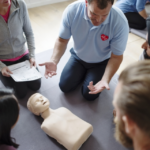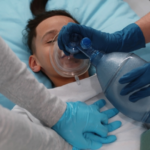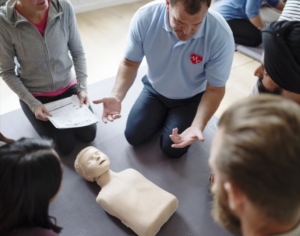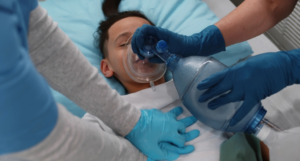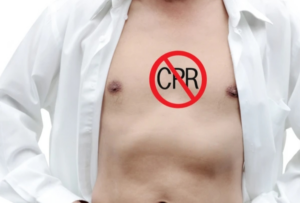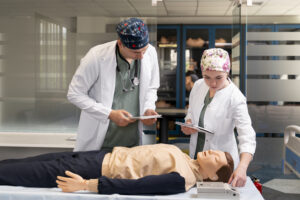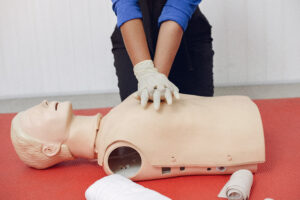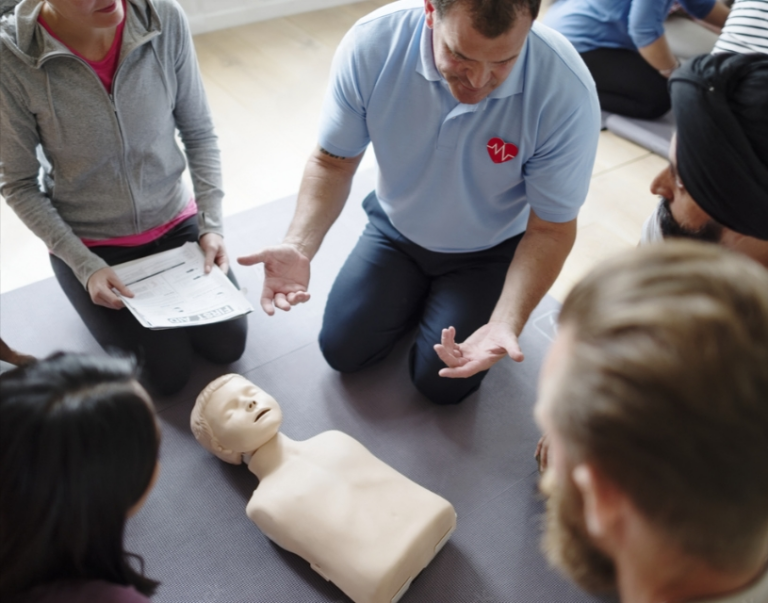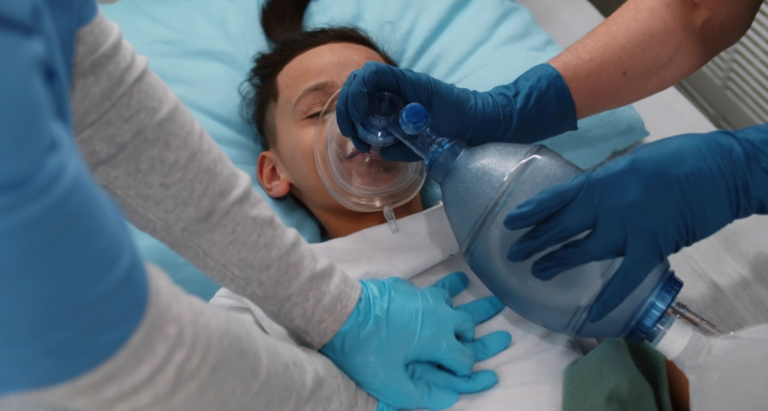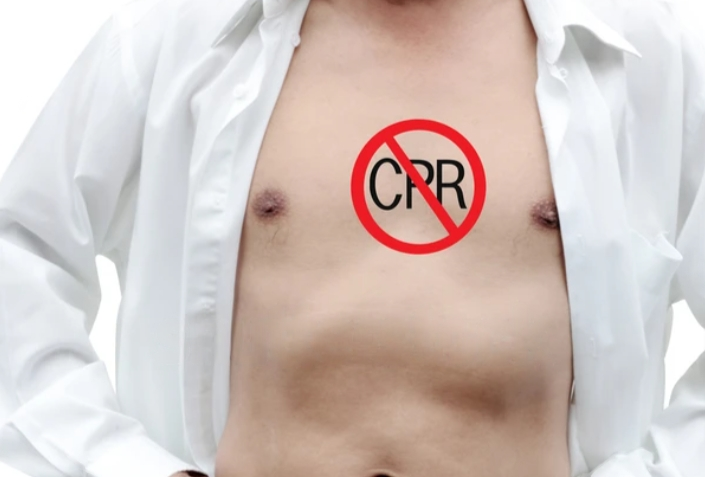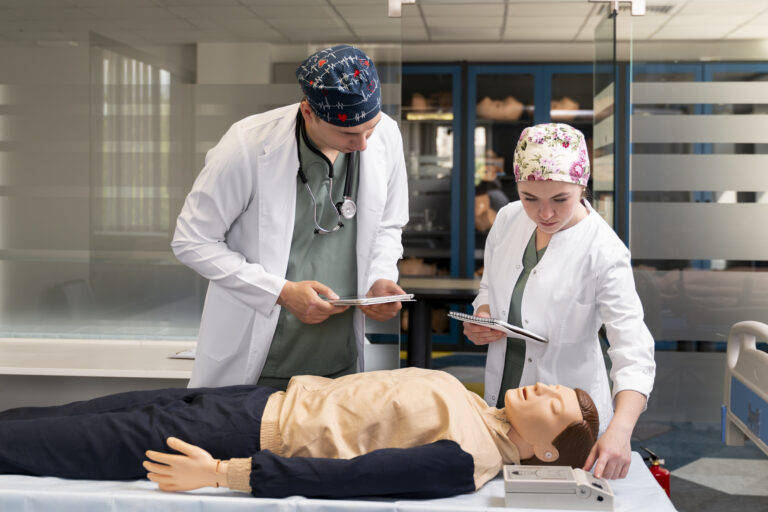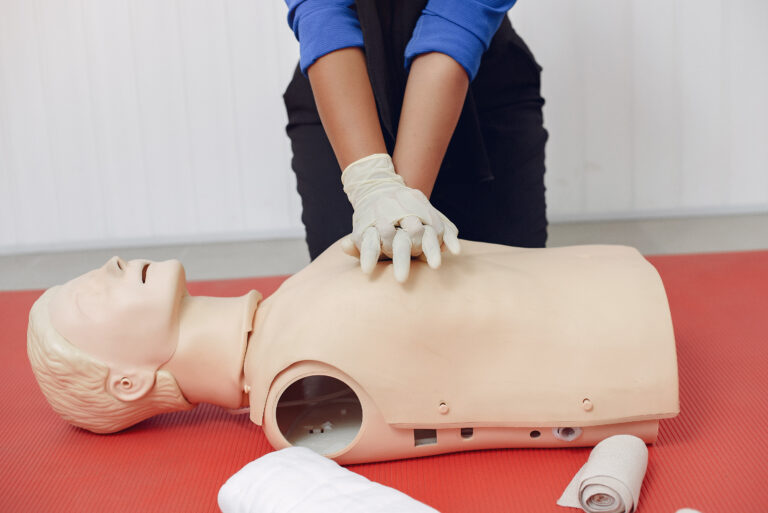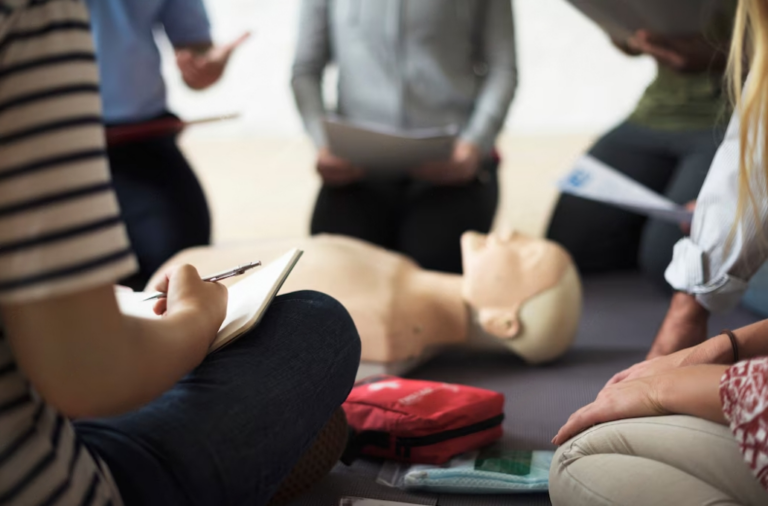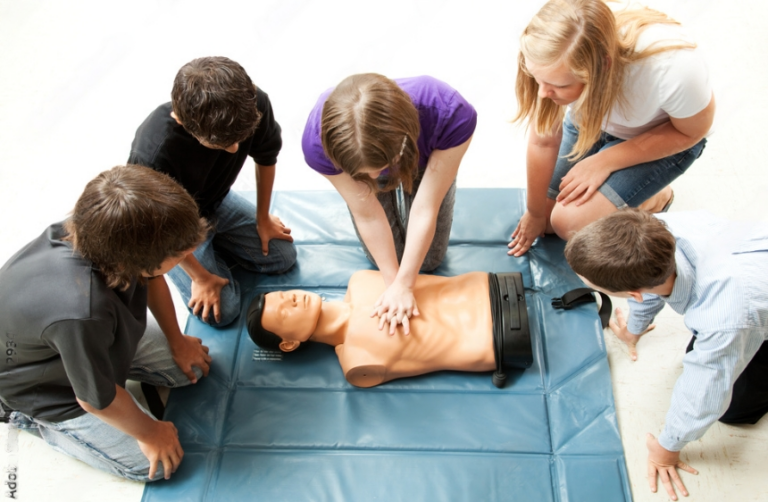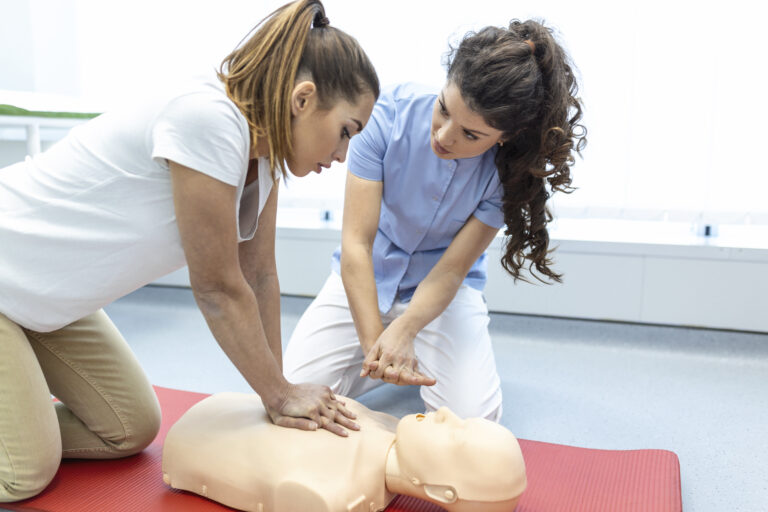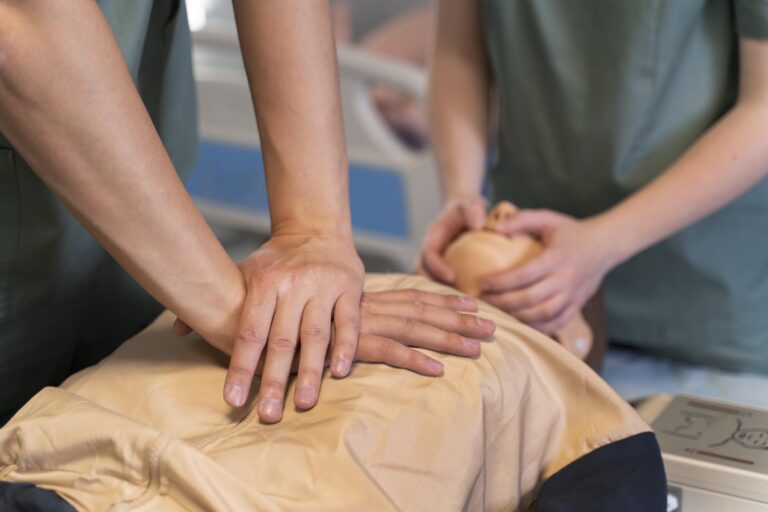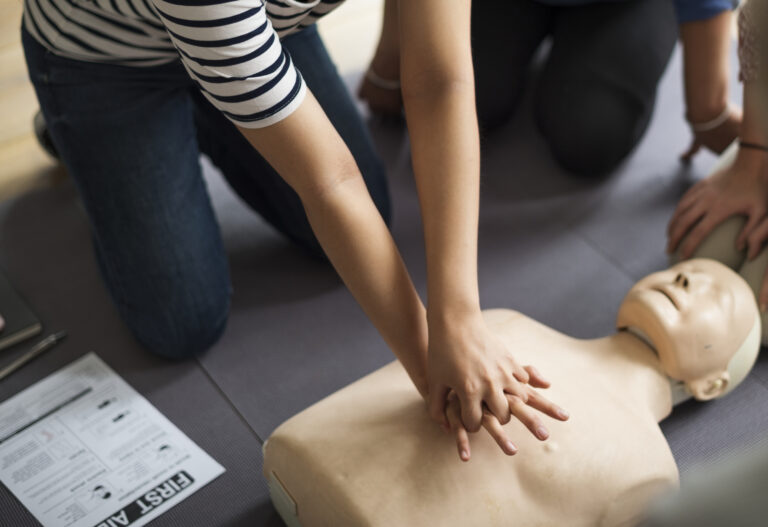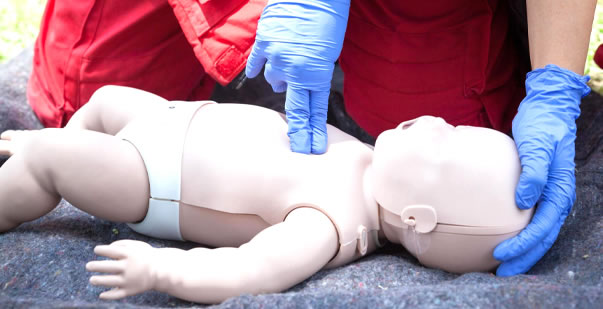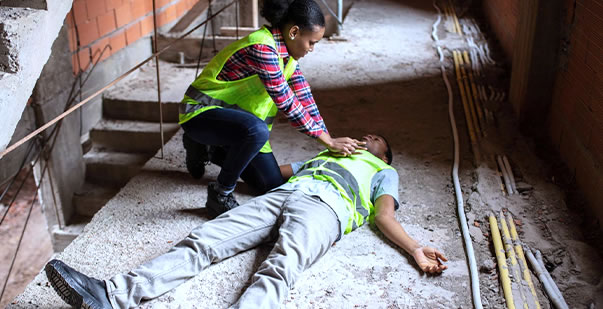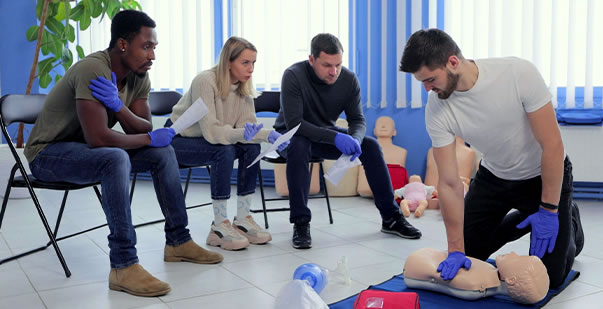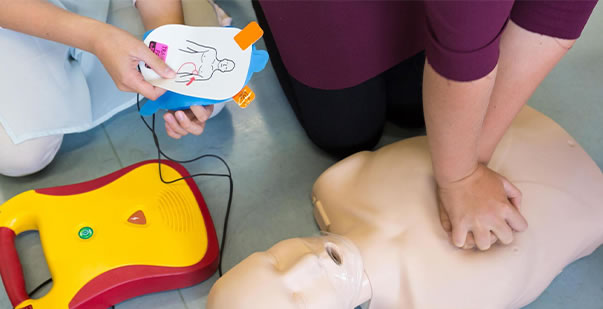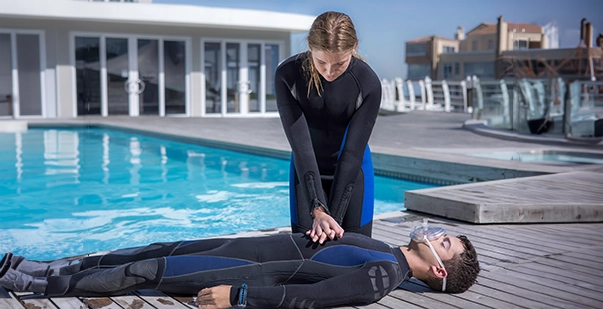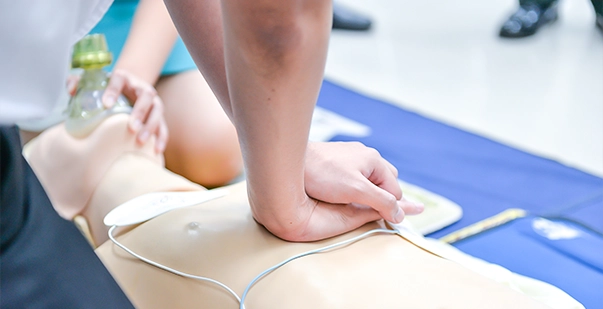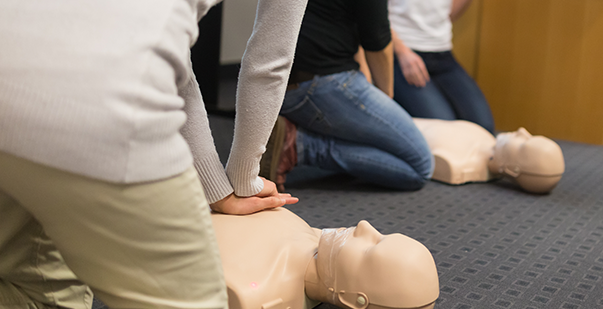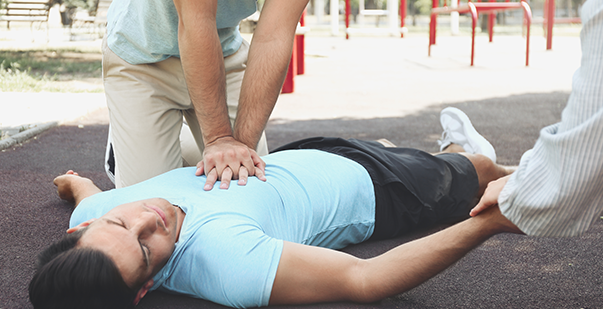Starting your nursing profession involves several steps. You should think about obtaining certifications that can boost your nursing profession. Besides earning a nursing degree and passing the NCLEX, get the certifications to amplify your career. Certification such as the Basic Life Support (BLS) certification is mandatory. BLS certification is required for all RNs. You may require Advanced Cardiovascular Life Support (ACLS) and Pediatric Advanced Life Support (PALS) certifications depending on where you work.
Uncertain about which nursing qualifications can benefit your career? From where should you get these certifications? In this article, you will learn about the certifications that you require to become a nurse.
One such top-notch CPR and other lifesaving course provider is the American HealthCare Academy. They offer CPR, BLS, ACLS, and PALS training and certification for medical professionals. You can take the courses and get certified through online and blended mediums. These courses will teach you how to identify a variety of life-threatening emergencies. For example, perform CPR, use an AED, and relieve choking safely and efficiently.
Who should get BLS, ACLS, and PALS certifications?
Nursing students learn about acronyms like BLS, ACLS, and PALS. Especially as they progress through the qualifications necessary to begin their careers. Depending on your area of nursing specialization, you may choose to obtain these certifications. Basic Life Support (BLS) certification is mandatory for all nurses as a part of their education. You need it to pursue a nursing career. You never know when you might need to provide a patient with basic life support, whether you work in a hospital or a private medical office.
BLS and Advanced Cardiovascular Life Support (ACLS) are two different certifications. It is impossible to teach ACLS to someone without any medical training. It necessitates at least a fundamental understanding of medicine.
RNs and other advanced degree nursing professionals that work particularly with pediatric patients must obtain Pediatric Advanced Life Support (PALS) certification.
What is BLS certification?
Certification in BLS teaches nurses to identify situations where a person’s life is in danger and cardiopulmonary resuscitation (CPR) must be performed to save an individual. BLS classes instruct you to:
- Apply effective chest compressions.
- Provide the necessary ventilation (breaths).
- Early use of an AED.
You must enroll in an American HealthCare Academy’s course to obtain your BLS certification. From the date on your certificate, your BLS certification is valid for two years. To renew your certification every two years, you can enroll in a shortened BLS recertification course.
What is ACLS certification?
Beyond the fundamentals of life support covered in BLS training, advanced cardiovascular life support (ACLS) is available. RNs must become certified in ACLS if they work in a hospital, with cardiac patients, or with critically ill people. Getting your BLS certification is a requirement for enrolling in the ACLS course. In an ACLS certification course you will learn how to:
- Avoid cardiac arrest.
- Perform early, ongoing CPR.
- Recognize cardiopulmonary arrest and act.
- Describe the circumstances that may lead to cardiopulmonary arrest.
Your ACLS certification must be renewed by taking a refresher course since it expires every two years.
What is PALS certification?
The Pediatric Advanced Life Support (PALS) accreditation is available to nurses who specialize in pediatric care. It teaches you how to provide newborns and kids with vital medical care. PALS does not, however, cover training for neonatal care unit infants who are seriously unwell. You can anticipate gaining the following abilities when obtaining your PALS certification:
- Recognizing the differences between stable and unstable arrhythmia patients.
- Early respiratory distress and failure interventions.
- Detecting cardiopulmonary collapse.
- Reviewing AED and CPR for children and infants.
A PALS certification is valid for two years before it needs to be renewed.
How can you renew your BLS, ACLS, and PALS certifications?
You are responsible for keeping track of the BLS, ACLS, and PALS certifications’ expiration dates, just like you do with your other nursing qualifications. Each of the three has a two-year expiration date.
To find out the criteria for renewal, you must contact the relevant certifying agencies. Courses for continuing education may be included in the procedure. Ask your manager which certification body to choose as most employers pay for renewal.
ACLS and PALS recertification can both be completed in a short duration as compared to the fresh enrolment. You’ll need to finish all the same training and requirements as for the initial certification if you wait until your certification expires.
Depending on where you work and the type of nursing you practice, certifications in BLS, ACLS, and PALS may be necessary. You should inquire with your employer to learn which is necessary for you to start working because each one serves a distinct purpose.
Generally speaking, hospitals and other healthcare organizations do not offer a grace period for recertification. If you let your credentials expire, your employment may be put on hold until you recertify.
Conclusion
If you are serious about pursuing a medical career as an RN, then certifications like BLS, ACLS, and PALS will jumpstart your career with great opportunities. As a practicing nurse, you must avoid letting your credentials lapse. To ensure that you are ready to maintain the validity of your credentials, pay close attention to the expiration date and any renewal procedures. Explore CPR Care Near Me for a training and certification provider that suits your budget and schedule.



